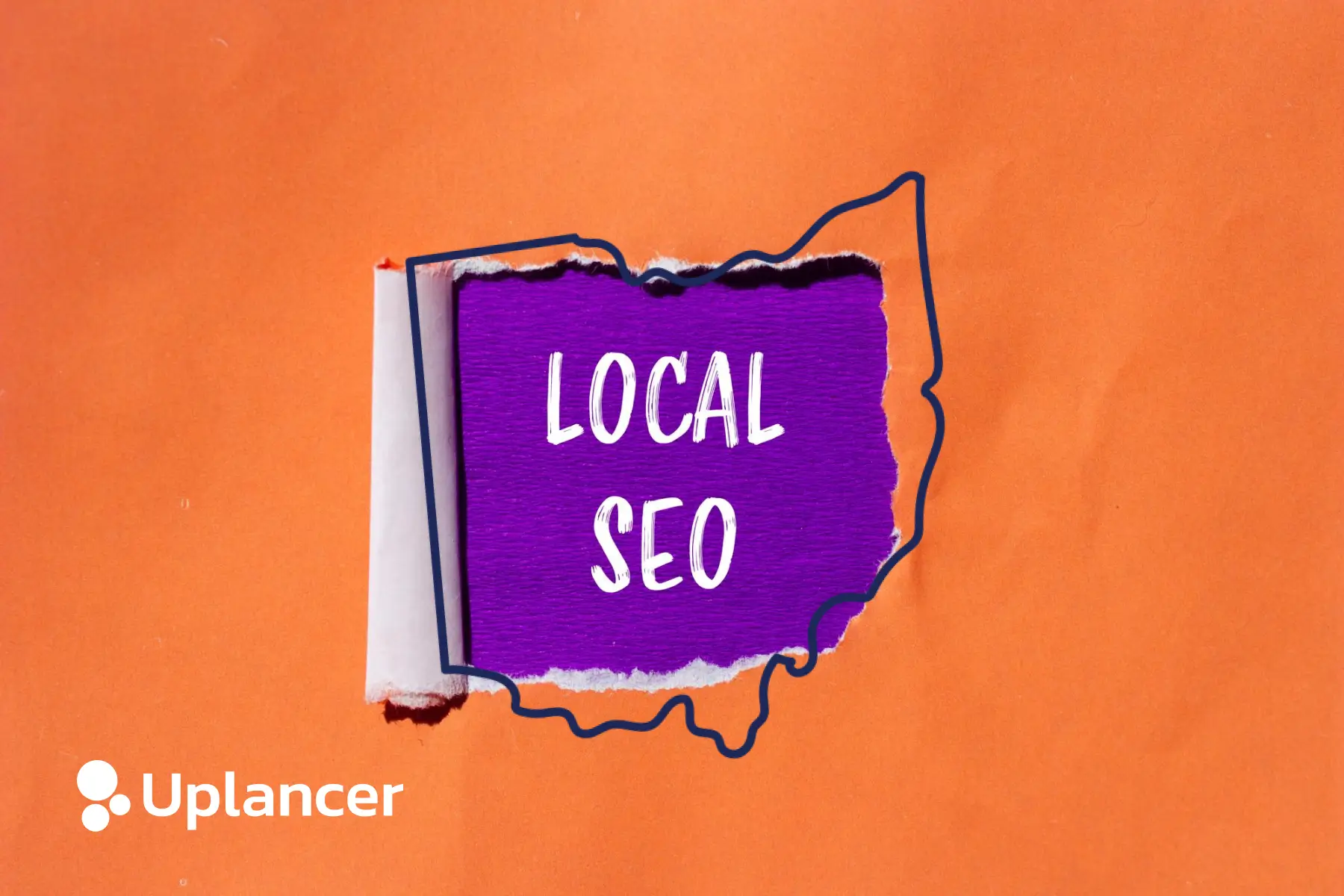If you’re familiar with WordPress, then you know that plugins are bolt-on CMS solutions, which quickly unlock functionality with little to no effort for your website. Want a data table for your site? Install a plugin. Want basic Google Analytics? Install a plugin. With the right plugins, website management and enhancements are easier, especially for content contributors, developers, and business owners. However, there are a few pitfalls to be aware of when building and managing your WordPress site with plugins:
1. Fewer WordPress Plugins Is Always Better
When your website is essentially a giant conglomerate of WordPress plugins, you’re definitely going to have a bad time. Too many plugins can slow your website, and at some point, they may prevent customers from converting. Additionally, plugins can be multipurpose and may share functionality with other plugins. When you have plugins that do the same thing, they can degrade your overall site performance and negatively impact your SEO. When managing your website, ensure your web designer doesn’t overuse plugins.
Conflicting WordPress Plugins
Without a proper implementation strategy for plugins, you may experience plugin conflicts. What can happen is that installing Plugin A can overwrite parts of your website that Plugin B needs to function. In other words, Plugin A can disable Plugin B or, even worse, crash your website. That’s why extreme caution is required when installing plugins. The last thing you want is for your contact form submissions to fail and for contact details to be lost. A good web design team can check for plugin conflicts beforehand.

When in Doubt, Use Custom Code
Certain plugins are worth their weight in gold. Contact form database and migration plugins are among them. However, there are times when you’ll realize that some plugins are overly designed and can negatively impact your customer’s website experience.
Therefore, make sure you understand the full scope of your plugin. Test your website after implementing a new plugin to identify any shortcomings. Custom code may be the right approach if there are serious issues. Custom code can range from a single line to hundreds of lines, giving you complete control without needing another plugin. If you’re maintaining multiple websites that share similar functionality, you may want to consider building your own proprietary plugin. With one, you can easily install it across all your sites. When faced with a buy/build decision, consult a web development team like Uplancer for a deep dive into your requirements and whether an existing plugin can meet your needs.
Cost Benefits of Web Design Using Plugins
It’s not easy to determine whether a plugin is worth installing. According to WordPress, tens of thousands of plugins are available and may offer a freemium model to meet your website needs. You may find that there is no plugin for the job, and custom code is the only option. To help weigh your options, consult an expert WordPress developer to understand costs, and use tools like PageSpeed to confirm whether plugins are negatively impacting your website’s SEO.
The Bottom Line / TLDR
Plugins are the preferred approach for most modern websites. However, care must be taken when implementing them. If you’ve got a few in mind, ensure you’re not overloading your website with them and that they don’t conflict. Also, thoroughly review prospective plugins to understand your options better; if plugins aren’t an option, consider custom code.
Contact Uplancer for a free web design consultation on optimizing your WordPress site and/or plugins. We can help identify plugins that meet your business case or build custom ones that do.













